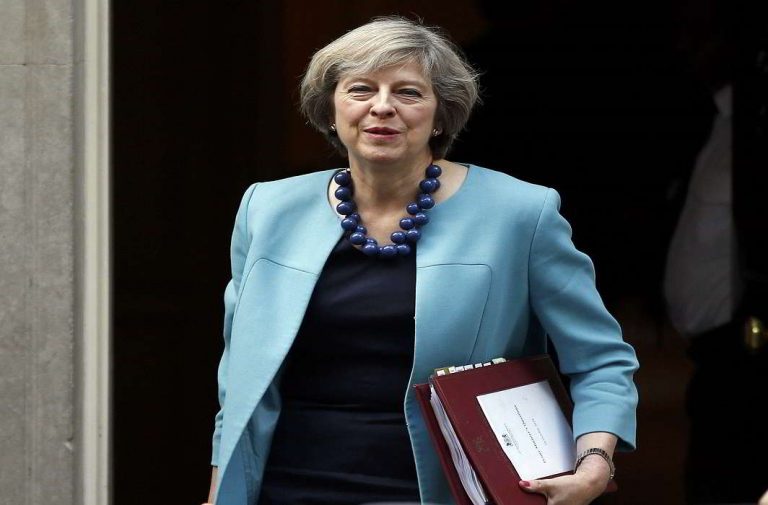
Members of parliament and peers will have the power to decide by vote on Article 50
~By Sujit Bhar
The British Supreme Court has taken the Brexit decision out of the hands of the prime minister and put it back in front of parliament. This decision of Tuesday (January 24) means that members of parliament and peers will have the power to decide by vote on Article 50—a licence for Prime Minster Theresa May, as per the Lisbon treaty, to go ahead with talks with the European Union.
The government had argued that it already had executive powers to go ahead with the talks, but the Supreme Court differed.
The court, however, has not straitjacketed the Scottish parliament and the Northern Ireland assemblies in this manner, according to a BBC report. This means that they would have the full power to execute or not execute (as in the case of Scotland) this process of separation with the EU, without having to take a vote from its lawmakers.
Technically, though, May has a deadline of March 31, and she could easily fit in a vote to back her up within that timeframe. However, considering the mood and leaning of MPs and peers, how many of them would be agreeing to gulp down May’s prescribed medication remains a matter of debate.
The agitation outside the court on Tuesday was about letting the democratic procedure have a say and the court has agreed to that.
Led by Lord Neuberger, the president of the Supreme Court, the court decided on the issue by a margin of 8-3 votes that it would not be legally right for the government to use its executive powers.
The issue was, as a protester put it, “not about politics, but about process.” That, in the face of it sounds benign, but there is little knowing the intricacies of minds, especially among peers, when the voting process is undertaken. It also takes a lot of time.
As it is, according to rules, the UK will have to formally notify to the EU its decision of leaving the neighbourhood. That is when it invokes Article 50 of the 2009 Lisbon Treaty. Then start the talks which can take up to two years, because decisions would encompass a panoply of issues.
This is just the beginning.
Lead picture: UK Prime Minister Theresa May. Photo: UNI

